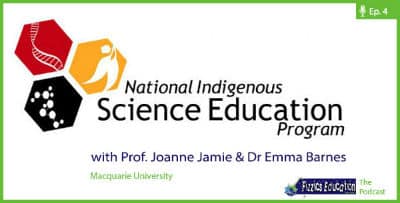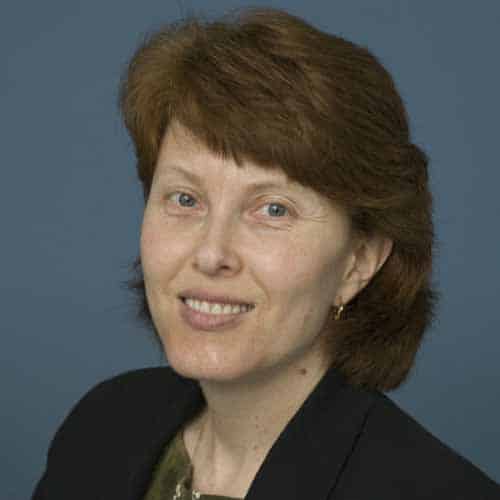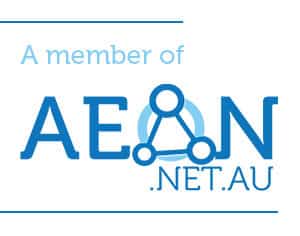About

Meet A/Prof Joanne Jamie and Dr Emma Barnes, two university biochemists from Macquarie University who have created the incredibly successful National Indigenous Science Education Program, an initiative designed to place Indigenous youth in leadership positions so they gain the confidence, motivation and skills to stay in school and consider pathways to higher education. NISEP brings together Indigenous elders, school students and educators together via a series of in-school, community and university science events and at the time of the interview incorporates 13 high schools from low socioeconomic rural, regional and metro areas and 3 universities, and annually places around 150 Indigenous students in leadership roles.
About A/Prof Joanne Jamie
A/Prof Joanne Jamie (Photowrite)
Joanne is a bioorganic/medicinal chemistry academic in the Department of Chemistry and Biomolecular Sciences at Macquarie University with over 20 years of experience in tertiary teaching, research and community science engagement. She is Co-Director of both the Indigenous Bioresources Research Group (IBRG) and the National Indigenous Science Education Program (NISEP). Her IBRG research activities include biological screening and isolation of medicinally important (bioactive) compounds from Australian Aboriginal ‘bush’ medicines and the preservation of cultural knowledge. Her teaching spans from first year to postgraduate studies with a focus on organic, biological and medicinal chemistry. She has also designed a unit, Engaging the Community in Science, that allows Macquarie students to increase science understanding in the wider community as well as promote higher education pathways. Joanne is particularly passionate in building in her students a lasting understanding and interest in science, especially chemistry, and through both her teaching and NISEP, in enhancing educational outcomes and showcasing the achievements of Indigenous youth within rural and regional communities.
About Dr Emma Barnes
Dr Emma Barnes from the National Indigenous Science Education Program
Emma is a natural products chemist within the Indigenous Bioresources Research Group (IBRG) and the program manager for the National Indigenous Science Education Program (NISEP), both based at Macquarie University, Sydney. The IBRG works in collaboration with Indigenous groups to preserve traditional knowledge, investigate the bioactivity and chemical constituents of medicinal plants, and provide capability strengthening strategies for Indigenous communities. NISEP, meanwhile, places Indigenous secondary students in leadership roles so they gain the confidence, life skills and aspirations to finish school and consider pathways to both higher education and STEM based careers. In particular NISEP works with youth from low socioeconomic and rural/regional areas. Being from a rural area herself and having had to move from home to complete a PhD at Griffith University, Brisbane, and a postdoctoral position in Jena, Germany, Emma is passionate about encouraging rural kids to have the confidence to pursue education and positive employment pathways that allow them to do the things they love.
Top 3 learnings
- Hasten slowly. Whilst it can be tempting to scale an education project quickly when you get a few wins, growing your project too fast too early can put a strain on your resources that could endanger the viability of a fledgling program.
- Connect the dots! There are many interest groups in education and not all of them are in a school setting. By listening to community needs Joanne and Emma were able to setup an educational program that brought together Indigenous elders, University researchers, schools and other education partners into one collaborative effort that could help youth.
- Don’t underestimate your impact. During this interview Joanne recounted a story where she recognised one of her tertiary students as being one of the same students who had been through the NISEP program during high school.
About the FizzicsEd Podcast
With interviews with leading science educators and STEM thought leaders, this science education podcast is about highlighting different ways of teaching kids within and beyond the classroom. It’s not just about educational practice & pedagogy, it’s about inspiring new ideas & challenging conventions of how students can learn about their world!
































Comments